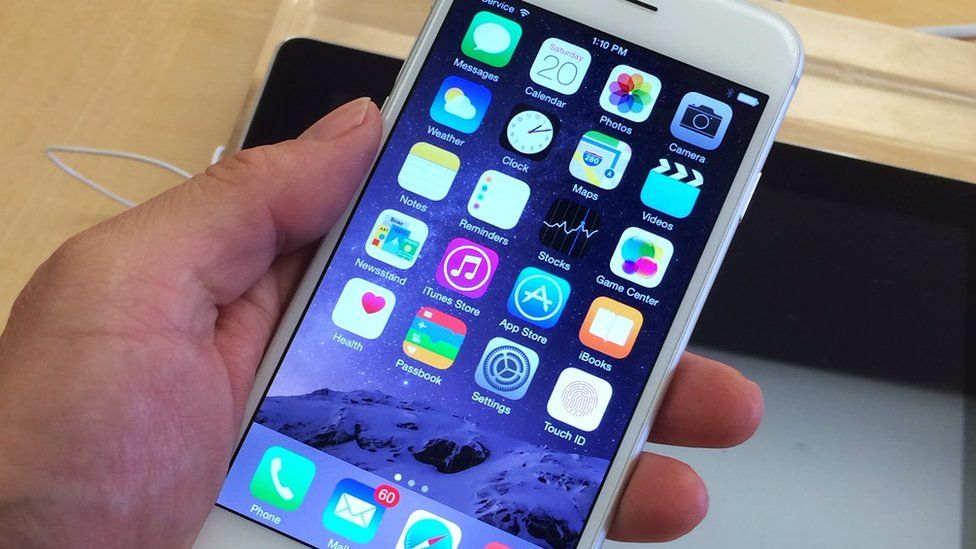
A huge number of iPhone clients could be qualified for payouts, following the send-off of a lawful case blaming Apple for furtively easing back the performance of old iPhones.
Justin Gutmann claims the organization deceived clients over an update that it said would upgrade execution at the same time, truth be told, dialed telephones back.
He is looking for harms of around £768m for up to 25 million UK iPhone clients. Apple says it has “never” purposefully abbreviated the existence of its items.
The case, which has been recorded with the Competition Appeal Tribunal, claims Apple dialed back the exhibition of more established iPhones, in a cycle known as “choking”, to keep away from costly reviews or fixes.
It connects with the presentation of power the board device delivered in a product update to iPhone clients in January 2017, to battle execution issues and prevent more established gadgets from suddenly closing down.
Mr. Gutmann, a customer champion, says the data regarding the device was excluded from the product update download portrayal at that point, and that the organization neglected to clarify that it would dial back gadgets.
He guarantees that Apple acquainted this apparatus with concealing the way that iPhone batteries might have battled to run the most recent iOS programming and that as opposed to reviewing items or offering substitution batteries, the firm rather pushed clients to download the product refreshes.
Mr. Gutmann expressed: “Rather than doing the fair and legitimate thing by their clients and offering a free substitution, fix administration or pay, Apple rather misdirected individuals by hiding an instrument in programming refreshes that eased back their gadgets by up to 58%.”
The models covered by the case are the iPhone 6, 6 Plus, 6S, 6S Plus, SE, 7, 7 Plus, 8, 8 Plus, and iPhone X models.
It is a quit guarantee, and that implies clients won’t have to effectively join the case to look for harm.
In an explanation, Apple said: “We have never, and could, do nothing to deliberately abbreviate the existence of any Apple item, or corrupt the client experience to drive client redesigns.
“Our objective has forever been to make items that our clients love, and making iPhones keep going as far as might be feasible is a significant piece of that.”
The case by Mr. Gutmann comes two years after a comparative case was gotten comfortable in the United States.
In 2020, Apple consented to pay $113m to settle charges that it dialed back more established iPhones.
33 US states asserted that Apple had done this to drive clients into purchasing new gadgets.
A great many individuals were impacted when the models of iPhone 6 and 7 and SE were dialed back in 2016 in an outrage that was named battery gate.
At that point, Apple declined to remark, notwithstanding, that it had recently said the telephones were eased back to safeguard maturing battery duration.
Claire Holubowskyj, an examiner at the examination firm Enders Analysis, said issues like this might keep on springing up, given the specialized constraints of maturing batteries.
“Innovation in fresher gadgets works on quickly, not as a consistent creep, making issues while delivering programming refreshes which need to chip away at gadgets with frequently stunningly various capacities,” Ms. Holubowskyj said.
“Apple produces 84% of its income from selling new gadgets, making them hesitant to keep down updates to guarantee more established models continue to work without a hitch.”
She added: “Until issues of gadgets and programming refreshes outliving and surpassing the abilities to mature batteries are settled, this challenge will repeat.”











